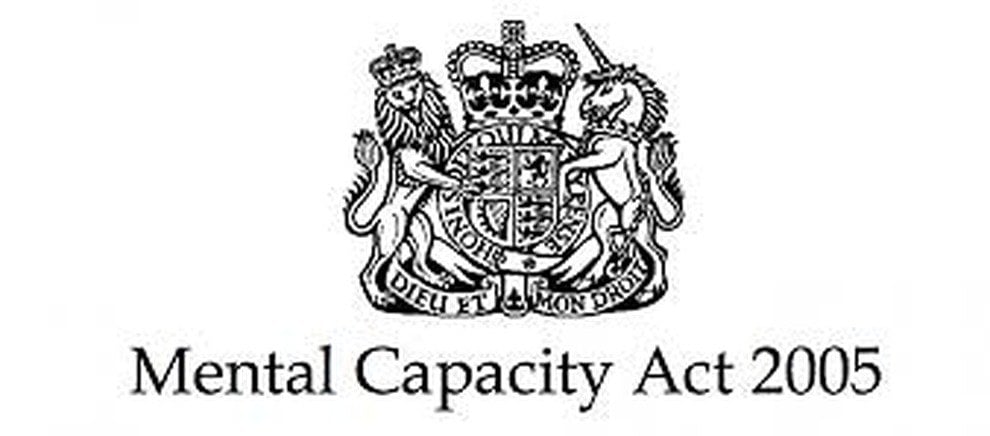Mental Capacity Act 2005 – all the important Information

People must be assumed to have capacity to make their own decisions and be given all practicable help before anyone considers the adult as not being able to make their own decisions. When an adult is found to lack capacity to make a specific decision at a specific time then any action taken, or any decision made for, or on their behalf, must be in the adult’s interest.
The Mental Capacity Act 2005 protects people who are unable to make decisions for themselves or lack the mental capacity to do so.
Decisions and actions carried out under the Mental Capacity Act 2005 should be tested against the five key principles.
The five key statutory principles are:
- Assume a person has capacity; unless proved otherwise.
- Do not treat people as incapable of making a decision
unless all practical steps have been tried to help. - A person is not to be treated as unable to make a decision
merely because their decision seems unwise. - Decisions for people without capacity should be made in
the person’s best interest. - Before doing something to someone or making a decision on
their behalf, consider whether you could achieve the outcome in a less
restrictive way.